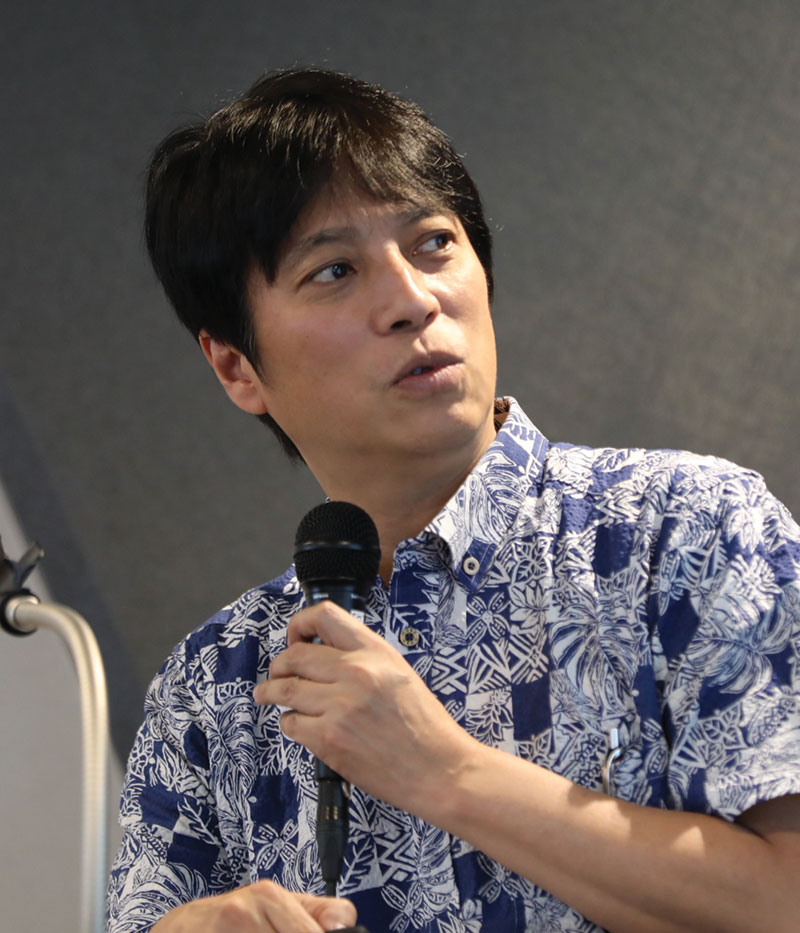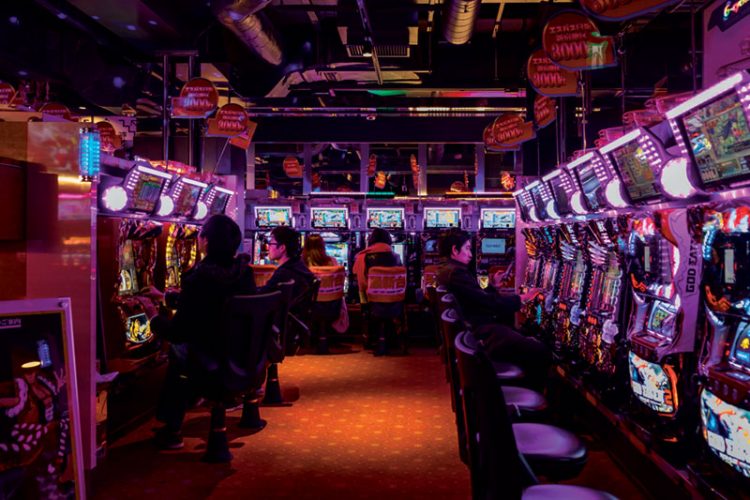IAG sits down with Dr Naoyuki Nishimura, chairman of the Recovery Support Network, to discuss his work assisting pachinko players with a gambling problem.
Japan is on its way to developing its first IRs. One of the primary demands accompanying this legislation is addressing the issue of problem gambling.
Recovery Support Network (RSN) is a non-profit organization focused on pachinko addiction. Its chairman, Naoyuki Nishimura M.D., is a licensed psychiatrist and also chairs Japan Sustainable Responsible Gaming (JSRG), which is focused on gambling dependency in a broader sense and has one eye on the impending birth of IRs. In the first of a two-part interview, Dr Nishimura discusses RSN’s activities.
Shintaro Kamimura: Thank you for taking the time to speak with us. Needless to say, the effects of COVID-19 have been huge. Have you noticed any differences in call volume?
Naoyuki Nishimura: This year we received about 4,000 calls. In 2019 we received about 5,200 and in 2018 there were 5,800. Part of the reason for the drop was the decrease in operating hours by the pachinko halls, but I believe the main factor is that the number of pachinko halls and players are decreasing each year.

SK: How did RSN get started?
NN: In 2004, there were many machines that were really fun for players and there started to be a focus on the Multiple Debt Problem, so the pachinko industry groups put together the Pachinko Addiction Research Society. At the time, I was involved in substance addiction, and they contacted me. I suggested creating a hotline for early intervention, before things got too bad. The hotline was set up in 2006 with the idea that people would call us when they had an issue, and we could cross-reference those issues to try and search for a solution.
SK: What activities have you been involved with since then?
NN: At first I didn’t even know what the market needs were, but it was around that time that overseas reports emerged stating early, simple intervention was very effective and led to self-recovery and self-restoration. Over the past 15 years we have made adjustments to what we do, incorporating these overseas reports. We’re not a medical institution, so we aren’t involved in diagnosis or medical treatment. We are committed solely to the step of listening to the caller’s problems and assisting in correction. We also engage in activities to raise awareness in the industry.
SK: It seems like you have been busy with a variety of projects the past few years.
NN: There is a system called “Anxiety-free Pachinko and Pachislot advisor.” The program was designed by the industry and I’m supervising it. Part of it was the product of pressure from the Problem Gambling Basic Countermeasure Act that was passed in 2018, but the system incorporates the consensus that exists overseas that staff education is vital for sustainable development and is one measure to combat dependency. It is a way to train employees in Japan to be able to respond to customer issues as part of customer service.
We are also creating an e-learning system. This is a system that allows all pachinko hall staff to study the basics of pachinko addiction issues, including the law, online. We plan to release it next spring. I don’t think there are any examples in the world of an industry creating a shared program like this.
SK: This is funded by industry groups, but doesn’t that create a conflict of interest?
NN: The main operations are supported by 21 Seiki-kai (21st Century Society, an organization that puts up posters in pachinko halls with addiction hotline information and provides surveys, research and operator support based on these calls). However, the actual daily operations are handled independently of the group.
“Customer protection” is included in the business operator’s CSR. Customers who are better off staying away from pachinko for their own protection are told that, so there is no conflict of interest.
21 Seiki-kai is an organization that undertakes initiatives to improve conditions within the industry, such as addiction issues, and is made up of 14 industry groups including the All Japan Gaming Business Federated Association.
 SK: How effective is the hotline?
SK: How effective is the hotline?
NN: The hotline is completely anonymous, so we can’t track the results. Therefore, I can’t evaluate how effective it is. For example, it’s the same as how a suicide hotline doesn’t know exactly how many suicides have been prevented. However, as is the case primarily with hotlines, we can communicate with customers and apply what we learn to the customer service offered at pachinko halls, for example what risk advice can be provided to the customers.
Therefore in advisor seminars we can provide feedback [based on the hotline calls], and the experience gained from these calls can be used as a source of information for industry training. We also started in-person consultations in 2018, which will serve as a better means of surveying prognosis.
































